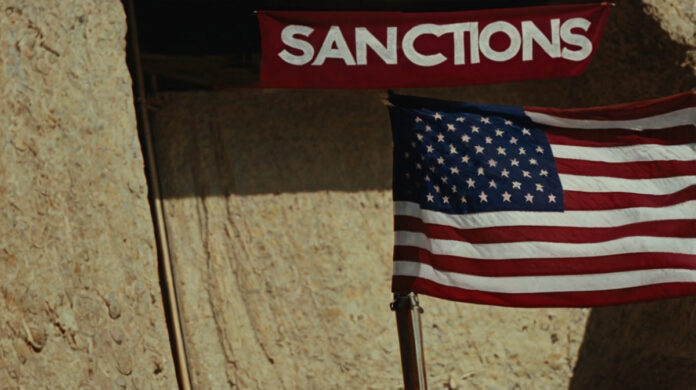Being placed on the OFAC sanctions list can have serious business and personal consequences, ranging from asset freezes to restrictions on international transactions. However, there is a way to protect your rights and resume normal operations: requesting delisting. In this article, we will look at how to properly submit a request for OFAC delisting and what you need to know to successfully complete the process.
What does it mean to be listed by OFAC?
Being listed on the OFAC sanctions list means that a person or organization has been recognized as a threat to the national security, foreign policy, or economic interests of the United States. This can happen due to links to terrorist organizations, money laundering, human rights violations, or other crimes.
When your name appears on the list, it leads to the blocking of assets in the United States, a ban on financial transactions, and other serious restrictions that can significantly affect your business. It is important to understand that being on this list not only complicates business, but can also have negative consequences in your personal life, so a timely response is critical.
Types of OFAC Lists
OFAC maintains several types of lists, each with different specifications and purposes. The main types of lists include:
- Specially Designated Nationals (SDN): contains individuals and entities with whom it is prohibited to conduct any financial transactions. This list usually includes individuals associated with terrorism, drug trafficking, or other crimes.
- Terrorist Sanctions Regulations: covers individuals and groups with links to terrorist organizations.
- Narcotics Traffickers List: contains individuals suspected of drug trafficking and related crimes.
- Sanctioned Countries List: This list includes countries with which the United States has comprehensive sanctions that prohibit any economic and financial ties.
An understanding of these lists will help in the process of submitting an exclusion request, as different lists may require different approaches and documents.
Main reasons for requesting an exemption
There are several reasons to request an exemption from OFAC’s sanctions list. The main ones include:
Correction of errors: If a person or organization believes that it was inadvertently listed due to an error, this is a good reason to file a request. For example, they may have been mistakenly identified with other sanctioned persons.
Change of circumstances: If the circumstances that led to the imposition of sanctions have changed (e.g., completion of the offences or cooperation with law enforcement), this may be a basis for a request.
Lack of connection with illegal activities: Individuals or companies that can prove that they have no connection to terrorism, drug trafficking, or other crimes can request an exemption by proving their legitimate activities.
Political or economic changes: Changes in the political situation or governmental decisions may affect the need to lift sanctions, and this may be the basis for a request.
How do I request an OFAC delisting?
The process of requesting delisting from the OFAC sanctions list requires following certain steps and preparing the appropriate documentation. Here are the main steps to follow:
- Consultation with a lawyer: The first step is to contact OFAC lawyers. This will help you better understand your rights, gather the necessary information, and prepare a strong request.
- Gathering documents: You need to prepare a package of documents, which may include identification data, financial statements, legal documents confirming the legality of the assets, and the rationale for your seizure request.
- Drafting the request: A seizure request should be clear and detailed. It should contain information about you, a description of the situation and the reasons why your name should be removed from the sanctions list.
- Submission of the request: Once the documents are complete, the request is submitted to OFAC. It is important to follow the process and be prepared to provide additional information if necessary.
- Monitoring the status: After submitting the request, it is important to monitor its status and be prepared for possible requests from OFAC to clarify the situation.
Consequences of listing
Being on the OFAC sanctions list has serious consequences for both individuals and organizations. First, all assets under the control of a person or company are frozen, including bank accounts, investments, real estate, and other financial resources. This blocks the ability to conduct any financial transactions, which complicates business and can lead to significant financial losses.
Secondly, being included in the sanctions list negatively affects the reputation of a person or company, which can lead to the loss of customers, partners and investor confidence. In addition, violation of sanctions can lead to serious legal consequences, including fines and criminal liability.
It is also worth noting that persons on the list may face problems when crossing borders, including detention or deportation. In view of these serious consequences, it is important to respond promptly to being listed and take steps to challenge the sanctions.
Professional assistance during delisting
Professional assistance during the process of delisting from the OFAC sanctions list is extremely important. An experienced attorney at Sanctions Lawyers, Anatoly Yarovyi, specializes in sanctions law and can provide valuable support by helping you properly prepare documents, formulate arguments, and represent your interests before OFAC.
Sanctions attorneys have an in-depth understanding of the process and can navigate the complex legal nuances, which greatly increases the chances of a successful seizure.




Is this only fo Russian Oligarchs?